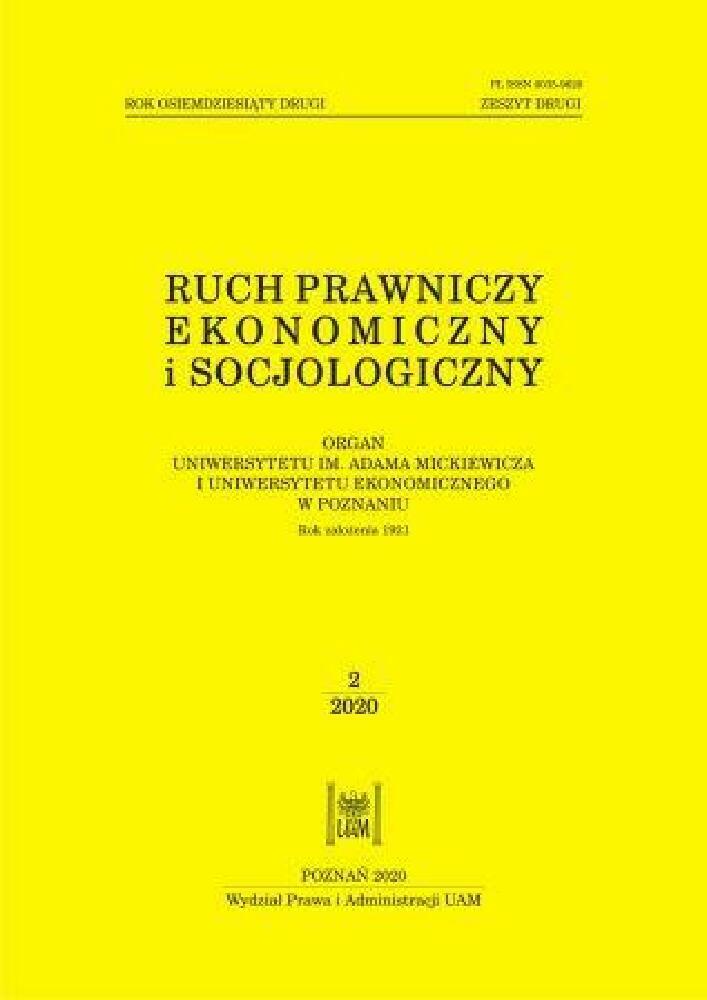Abstrakt
All judicial proceedings are inevitably based on the formalized procedures. Procedural provisions pursue many important objectives, such ensuring the effectiveness of proceedings or protecting legal certainty by regulating the competences of procedural bodies and the rights and duties of parties. At the same time, excessive procedural formalism may disproportionately limit the right to court, making access to court illusory. Within the framework of the European Convention on Human Rights, the permissible limits of procedural formalism are set by Article 6(1). The European Court of Human Rights, assessing whether excessive formalism has occurred in a given case, examines whether relevant formal requirements served a legitimate purpose, in particular legal certainty and proper administration of justice, and did not lead to a disproportionate restriction of the right of access to court. This assessment is made on the basis of all relevant circumstances of the case, such as the stage at which the proceedings were terminated, the type of proceedings, the party’s due diligence, the existence of circumstances justifying failure to comply with a formal requirement or the fact that the party was represented by a professional representative. Therefore, not only the content of national provisions is important, but also the manner of their application by courts.
Bibliografia
Hofmański, P., Wróbel, A. (2010). Komentarz do art. 6 EKPC, [w:] L. Garlicki (red.), Konwencja o ochronie praw człowieka i podstawowych wolności. Tom: 1: Komentarz do artykułów 1–18. Warszawa: 241–461.
Kościółek, A. (2020). Komentarz do art. 130 Kodeksu postępowania cywilnego, [w:] T. Zembrzuski (red.), Kodeks postępowania cywilnego. Koszty sądowe w sprawach cywilnych. Dochodzenie roszczeń w postępowaniu grupowym. Przepisy przejściowe. Komentarz do zmian. Tom 1–2. WKP 2020 (wydanie elektroniczne).
Pawliczak, J., Wach-Pawliczak, M. (2012). Konstytucyjne granice formalizmu postępowania cywilnego. Monitor Prawniczy 3: 159–165.
Piaskowska, O.M. (2018). Odrzucenie skargi na przewlekłość postępowania cywilnego a limine. Europejski Przegląd Sądowy 9: 19–25.
Szwast, M., Szwed, M. (2016). Nadużycie prawa do sądu w postępowaniu sądowoadministracyjnym. Zeszyty Naukowe Sądownictwa Administracyjnego 6: 52–76.
Zembrzuski, T. (2018). Formalizm procesowy a skutki wadliwego oznaczenia pisma procesowego spełniającego wymagania środka zaskarżenia. Przegląd Sądowy 1: 5–22.
Licencja
Prawa autorskie (c) 2020 WPiA UAM

Utwór dostępny jest na licencji Creative Commons Uznanie autorstwa – Użycie niekomercyjne – Bez utworów zależnych 4.0 Międzynarodowe.





